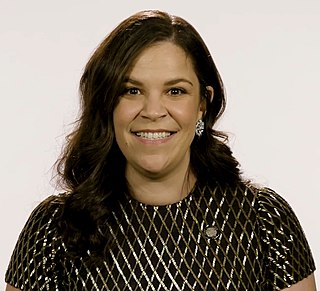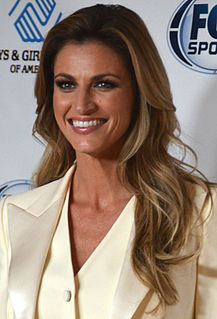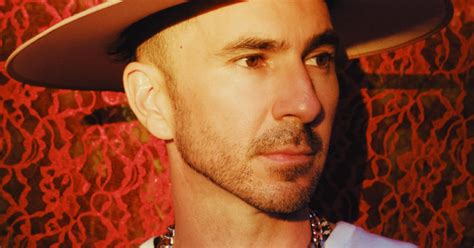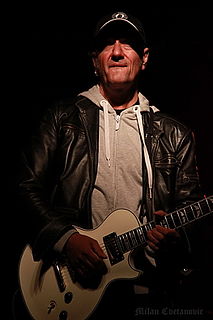A Quote by Herbie Hancock
The cool thing is that jazz is really a wonderful example of the great characteristics of Buddhism and great characteristics of the human spirit. Because in jazz we share, we listen to each other, we respect each other, we are creating in the moment. At our best, we're non-judgmental.
Related Quotes
From my mom and dad, because they're happily married for a long time: Just listen. Listen to him. I'm so independent and driven and stubborn. Just let him talk. It's about not being so stubborn and having to win every argument. My parents set a great example. They love each other and take care of each other so much.
What I learned is, we have to listen to each other, even when we don't agree, even when we think we hate each other. We have to listen to each others narratives. Not interrupt defensively, or with hostility, but really try to open our hearts and listen with empathy. I learned so much from that meeting. It was a very difficult thing to do and it was one of the best things that I ever did in my life. Look what scares you in the face, and try to understand it. Empathy, I have learned, is revolutionary.
There never is any such thing as one truth to be found in dramatic art. There are many. These truths challenge each other, recoil from each other, reflect each other, ignore each other, tease each other, are blind to each other. Sometimes you feel you have the truth of a moment in your hand, then it slips through your fingers and is lost.
The music certainly plays a major role. You can be free enough to comfort each other, to touch each other, to embrace each other, to engage each other, to not be afraid of each other. The music certainly has that very strong element. Go back to folk songs, gospel, jazz, and spirituals. See, all of that came out of tremendous pain and hurt, rejection, loss, alienation, and abandonment. What I'm doing is I'm expressing my pain and hope at the same time.
I love jazz. So to me, there are two main types of jazz. There's dancing jazz, and then there's listening jazz. Listening jazz is like Thelonius Monk or John Coltrane, where it's a listening experience. So that's what I like; I like to make stuff that you listen to. It's not really meant to get you up; it's meant to get your mind focused. That's why you sit and listen to jazz. You dance to big band or whatever, but for the most part, you sit and listen to jazz. I think it comes from that aesthetic, trying to take that jazz listening experience and put it on hip-hop.
If you are a member of a small group or class, I urge you to make a group covenant that includes the nine characteristics of biblical fellowship: We will share our true feelings (authenticity), forgive each other (mercy), speak the truth in love (honesty), admit our weaknesses (humility), respect our differences (courtesy), not gossip (confidentiality), and make group a priority (frequency).
I've learned to become a progressive man because I have four women in my life. And their mother, who I'm not married to anymore, but who impresses me because of our relationship. Because we have a very deep and friendly relationship that is completely about who we really are now. Before it was husband, wife, mother, father. But now it's about who we are as human beings. Because we didn't give up on each other. And because we didn't hurt each other and blister each other from a divorce. We became tight. Best friends. And more than that even, because now we're best parents.
I have a theory that musicians recognize each other and if they are destined to collaborate together they will. Mainly, they recognize each other according to the class they belong to. If they are punk-rocker kids from the neighborhood, they are going form a band. If they happen to be musicians that are going to play in pubs and restaurants, they are going to recognize each other, form a band and play together. If it's about musicians that are playing jazz and are going to jazz festivals, for e.g., then they are going to meet and work together.




































